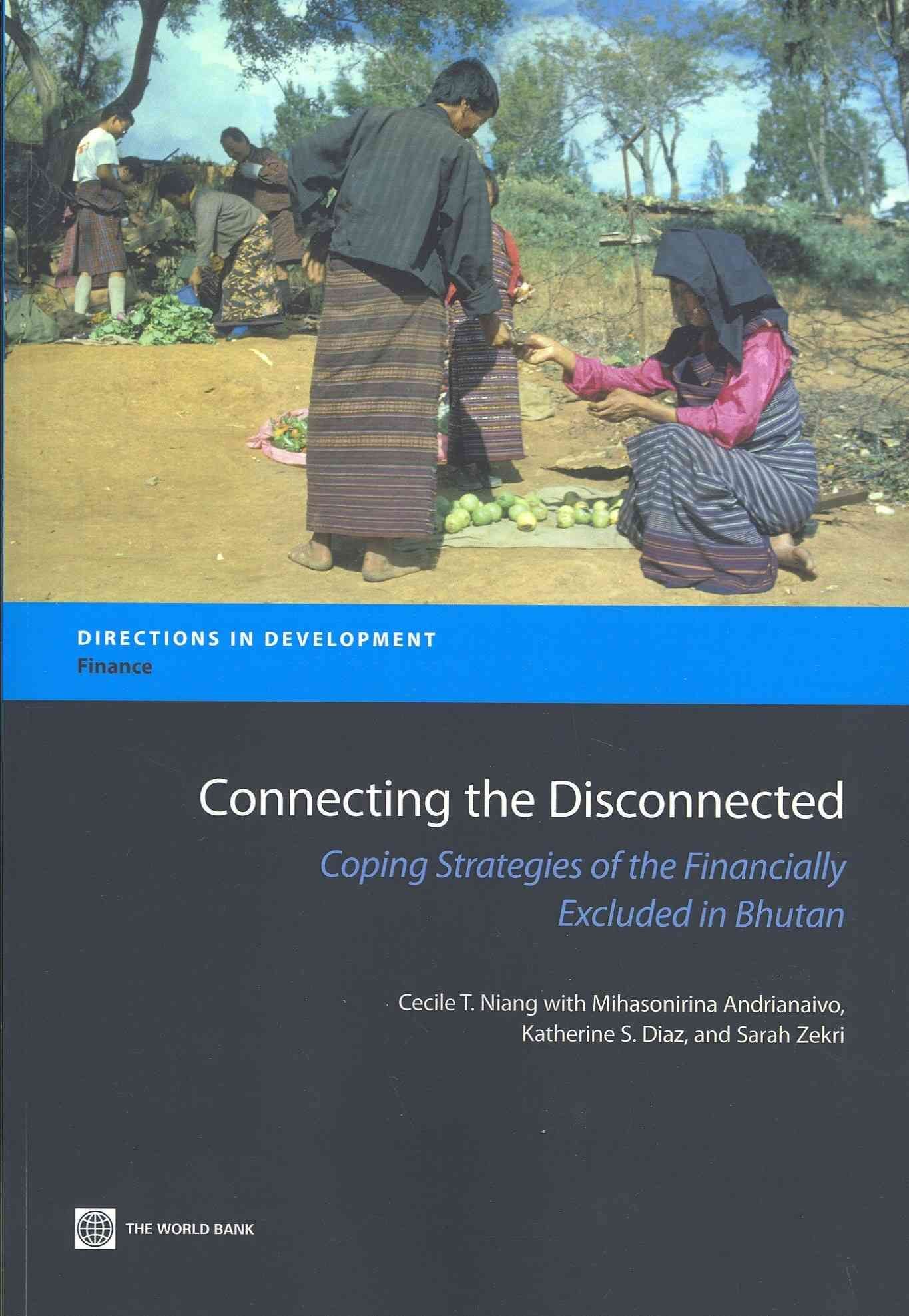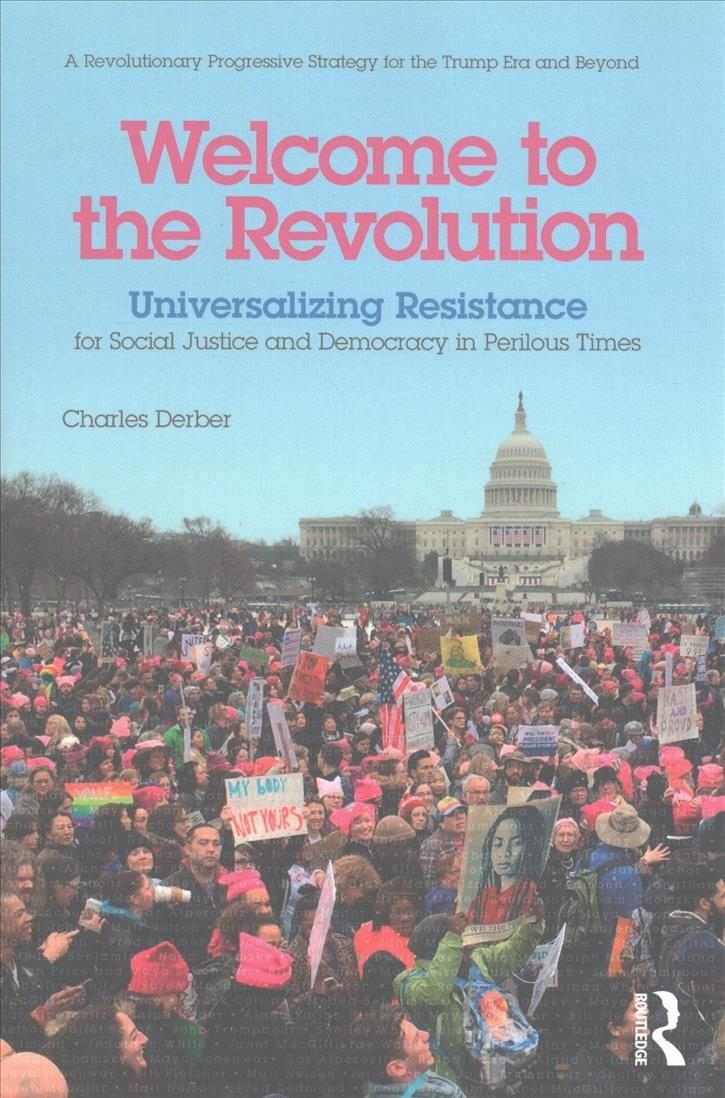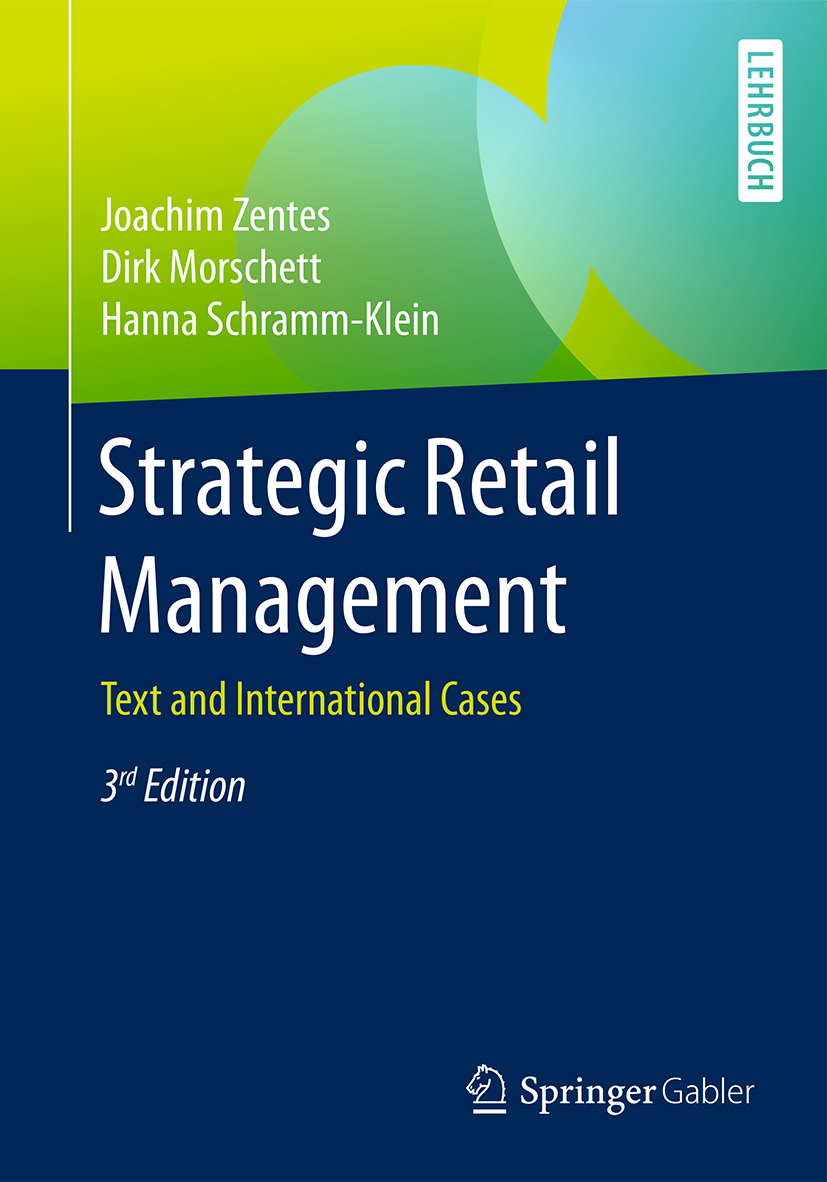‘Connecting the Disconnected’ presents the findings of the field research designed to evaluate financial practices and strategies among urban and rural Bhutanese households. The study was commissioned in 2012 by the Royal Monetary Authority of Bhutan and the World Bank to provide qualitative evidence to the country’s Financial Inclusion Policy. The book explores where, how, and why diff erent demographic groups save, borrow, send remittances, and insure themselves; it also evaluates the potential for innovations to extend fi nancial inclusion.Analysis of results from focus group discussions and in-depth interviews reveals three key patterns: Bhutan is a cash-based economy where households have a vibrant, if informal, savings and lending culture; rural areas are particularly underserved by formal fi nancial services; and women and youth represent an untapped market segment.The book reveals a demand for financial services with less complex and time-consuming banking procedures than are currently off ered-in particular, small, periodic savings and loan services; more accessible deposit and withdrawal services; and flexible loan requirements. In response to the demand for saving locally and in small amounts, group savings schemes and cooperatives are slowly emerging in Bhutan. These could serve rural communities until households become integrated into the formal financial system, though support and capacity building will be critical to ensure that savings are protected.Households struggle with banks’ requirements and procedures and turn instead to informal lenders. Even households with some access to the formal fi nancial sector continue to use informal financing. The findings highlight a need for formal microfinance services providing small group and individual loans with flexible repayments.Savings strategies and attitudes suggest that Bhutanese households could benefit from financial literacy education. More effective consumer protection is also needed. For insta …












